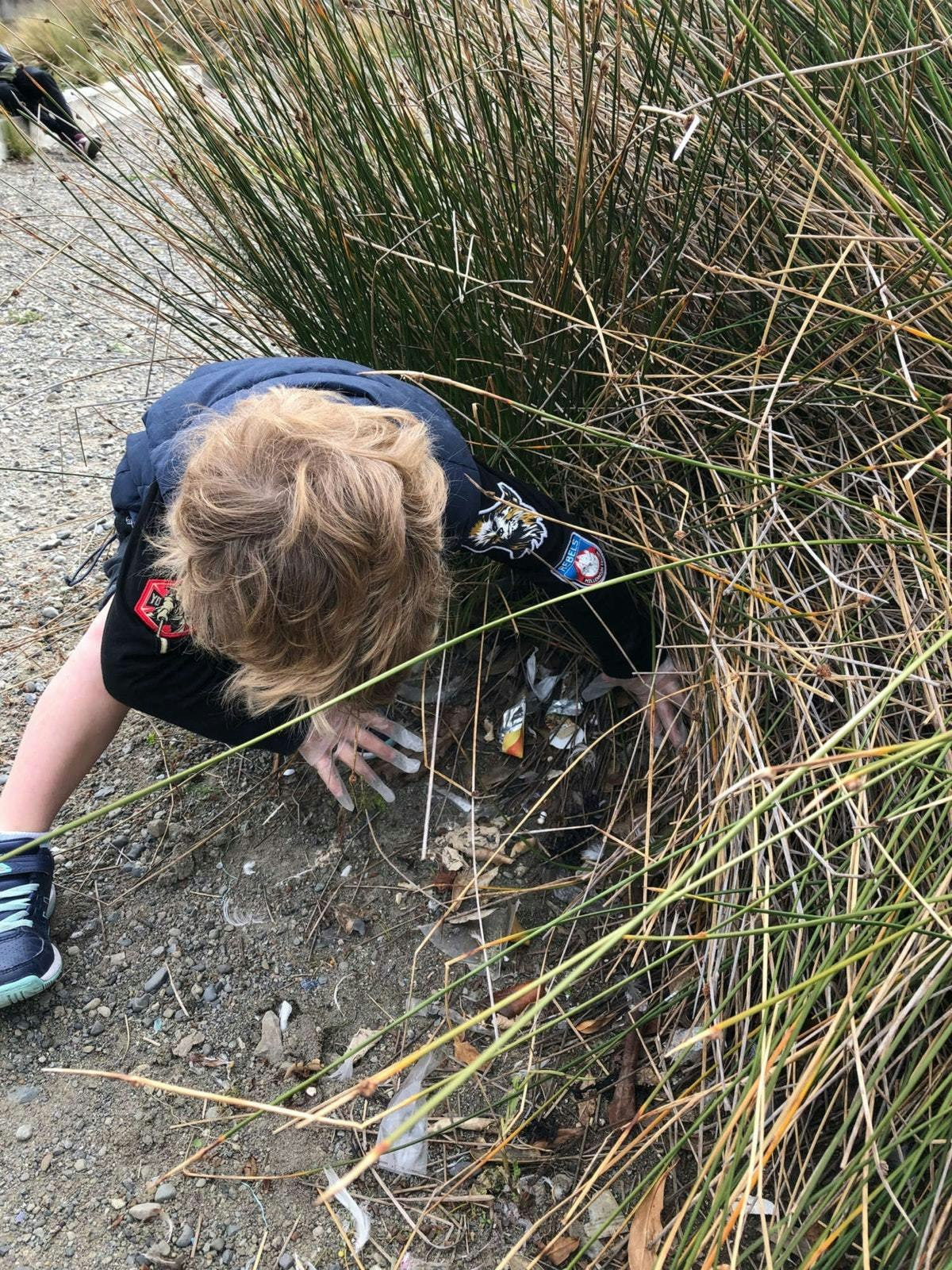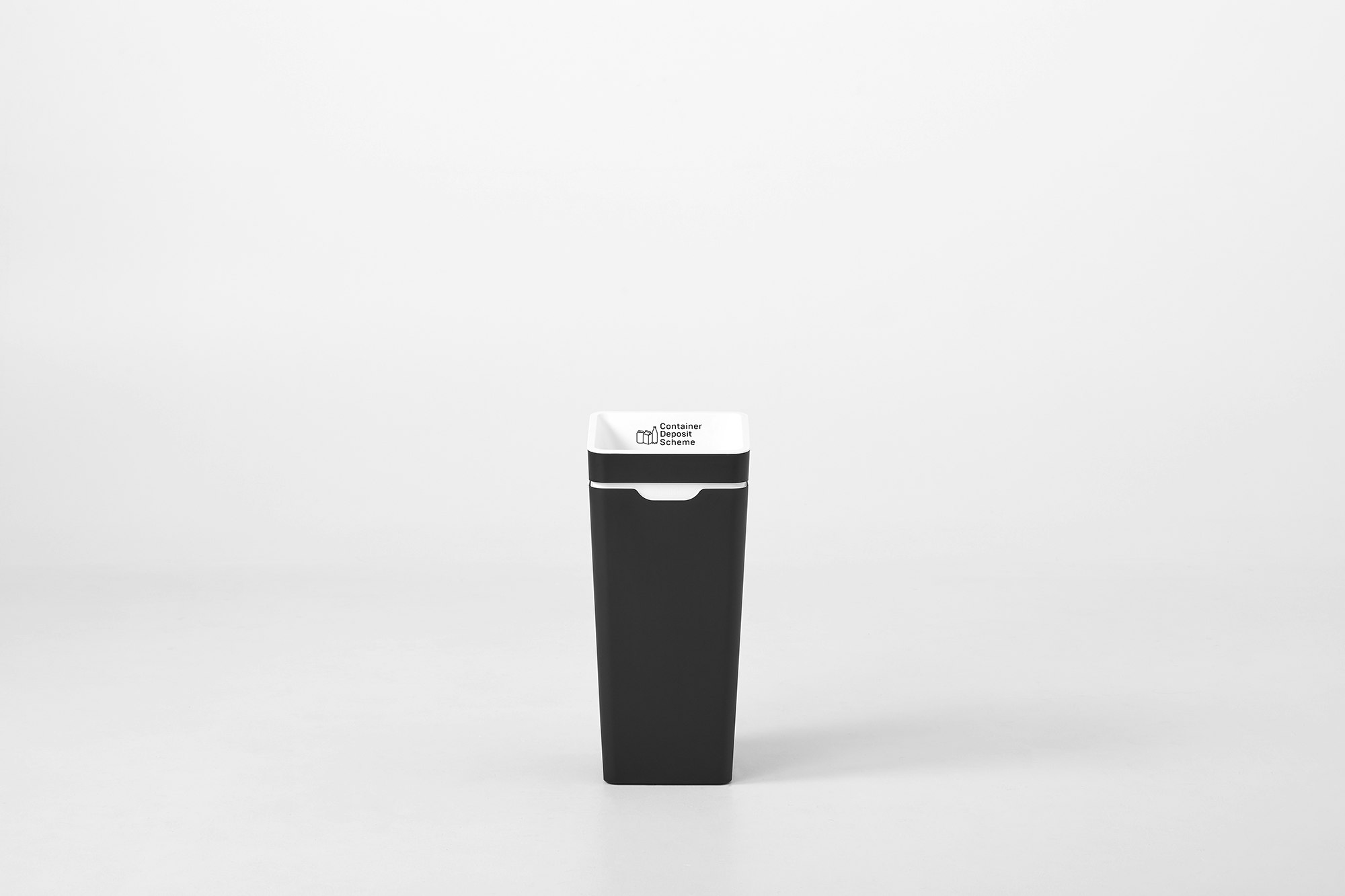do you want to view
Why Have Container Deposit Schemes Been So Successful?
Container Deposit Schemes (CDS) have been successfully implemented into most Australian states, with Tasmania being the only state not currently active. Tasmania's Container Return Scheme is named 'Recycle Rewards' and marketing assets have been created but they have yet to finalise a launch date. Once Tasmania's scheme is live, Australia will be the first country with a container deposit scheme available in every territory.
First of all, what is a container deposit scheme?
Also known as a ‘return and earn scheme’, it’s a government program that encourages consumers to return their used packaging in exchange for a small amount of money. Most commonly a CDS will collect aluminium cans, plastic drink bottles, glass bottles etc. You can see what is collected in each Australian state with an interactive map from Planet Ark here.
Benefits of CDS can include:
1. Clarity & communication
It’s clear to all what is and isn’t included, often recycling schemes are ineffective due to a lack of awareness and understanding. With a CDS it's clearly communicated at a regional or country level as to what is included and what's not.
2. Product stewardship
A CDS is a type of product stewardship that passes the cost and responsibility of waste management and recycling back to the manufacturers. This means that they need to consider the lifecycle of their products and packaging in the design process.
3. Helping to keep our public spaces clean
Single-use packaging such as PET is one of the most common forms of litter as people purchase them when visiting our parks, beaches and other public spaces. Often recycling receptacles aren’t available in these spaces, and light plastic containers are at risk of flying out due to wind making their way into the natural environment. With a CDS people are more likely to hold onto their packaging to return and earn.

4. Creating community opportunities
Collecting and returning these products also become a simple and effective way of fundraising for charities and not-for-profit organisations. Whether they act as a collection or drop off station for their local communities, or walk around parks and beaches collecting the remaining containers that are dropped. Charities in South Australia raised $60 million in 2018 through returning containers and clean up projects.
5. Consumer motivation
Ultimately the success of a CDS is that consumers are motivated to return their recyclables for financial gain. We know that people can become complacent when it comes to recycling, so this provides incentive at an individual and organisational level to return and earn.
6. Recycle more & waste less
Increased recycling rates, we can’t go past the fact that with a CDS recycling rates increase substantially. South Australia boasts an impressive 80% return rate.
 Method's Container Deposit Scheme Recycling Bin for Australia
Method's Container Deposit Scheme Recycling Bin for Australia
7. Collect valuable resources
The containers that are most commonly recycled ie. plastic or glass drink bottles, aluminium cans etc are some of the most valuable forms of recyclables. The materials are easier and more commonly recycled and repurposed. Further, with an established collection scheme there is increased motivation to create onshore recycling facilities for these materials.
8. Creates a collective culture of responsibility
Last, but certainly not least, a CDS receives increased publication and advertising, as governmental departments want to see their schemes succeed. Becoming a community issue with an increased budget. Previously this has been predominantly motivated by consumers pushing waste providers.
With increased awareness and governmental buy-in, it’s fostering a collective sense of responsibility where all groups have the ability to make a difference; from government departments and councils to manufacturers and finally consumers.